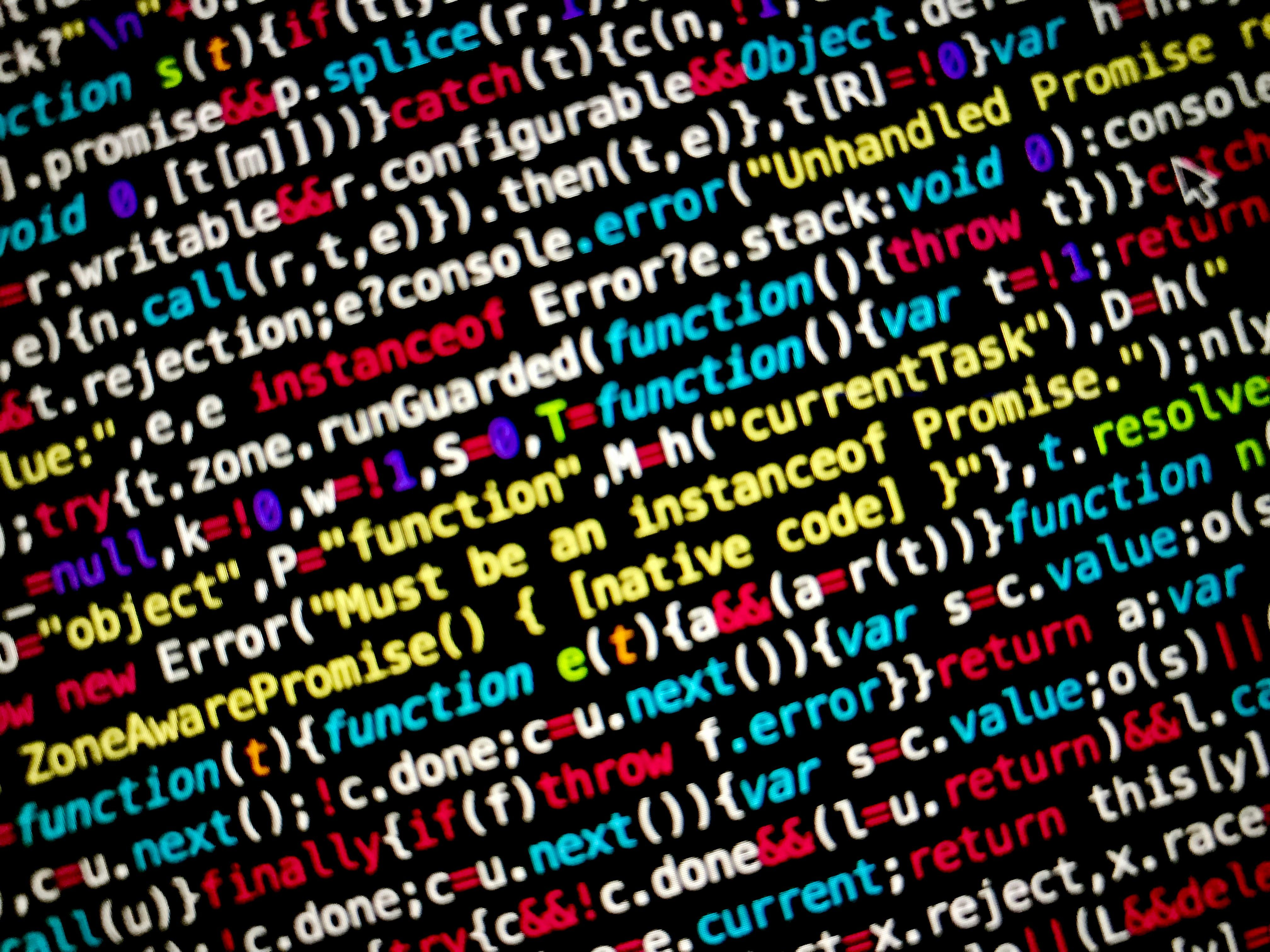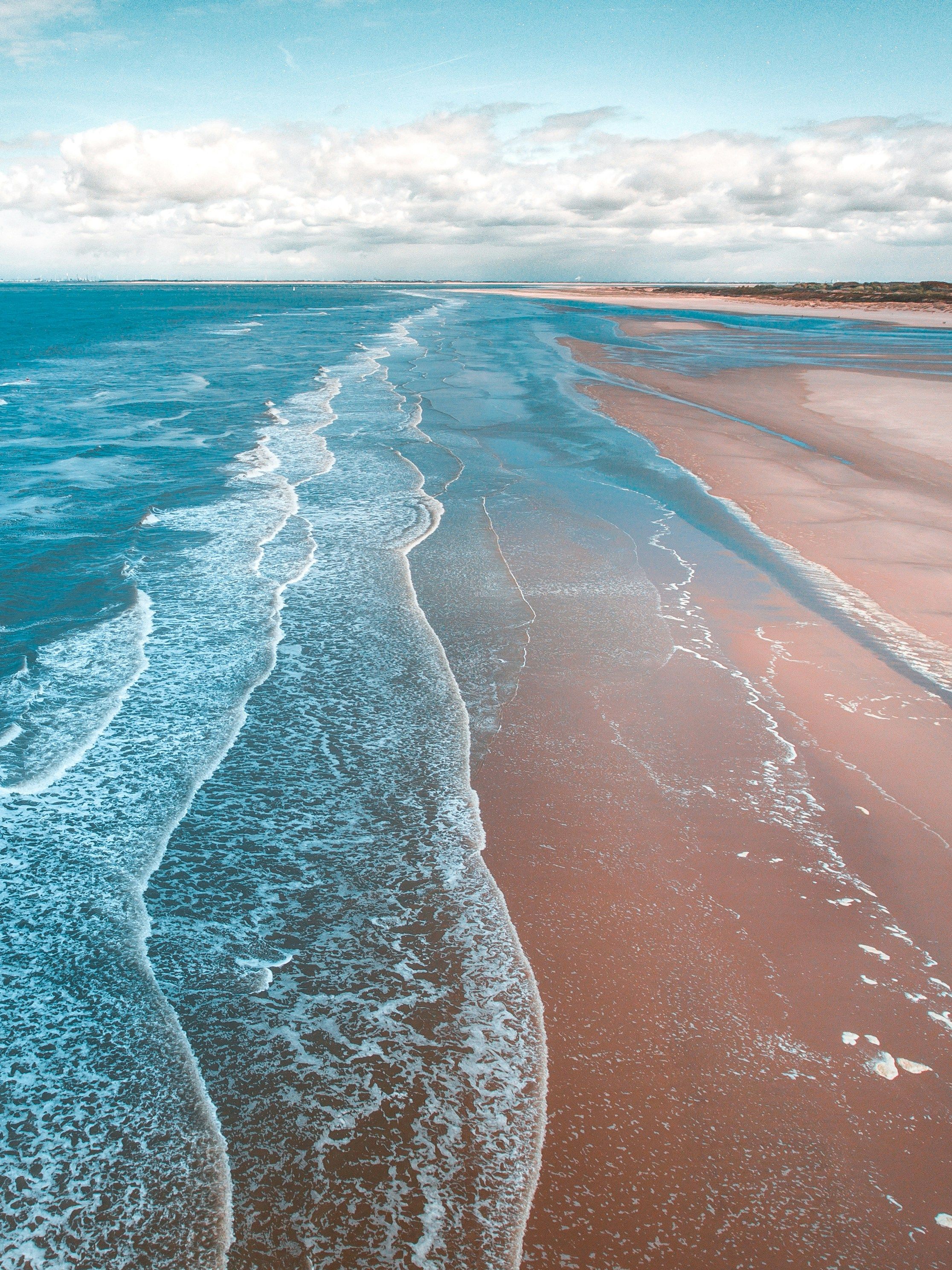Soaping Up Your Whip on Sundays? Better Not in Rhineland-Palatinate!
On a Sunday, the vehicle remains untidy - Each Sunday, the vehicle remains untouched and uncleaned.
Sunday scrub session? Think again if you're in Rhineland-Palatinate.
In contrast to more progressive neighbors, Rhineland-Palatinate holds on tight to its Sunday car wash ban. Critics, however, deem this outdated rule as antiquated and argue for change.
The Association of Tank Station Operators believes the Sunday car wash ban to be a thing of the past. While tank stations open on Sundays, many car washes operate without staff, they argue. Some European countries also allow free car wash days, but not in Rhineland-Palatinate, Baden-Württemberg, the Saarland, or other German states.
A Pain in the Pocket for SMEs
Due to this ban, medium-sized tank station operators may face a potential annual loss of 5,000 to 10,000 euros, as per the association's warning. But it's not just about money; there's an environmental angle, too.
Car washes are actually more water-saving and eco-friendly compared to washing cars at home. The excess water and chemical substances can burden local sewage systems and the environment directly.
The Man with the Plan? Nope.
Despite requests for a conversation, Rhineland-Palatinate's Minister President Alexander Schweitzer has remained silent on the matter. Many car washing regulations are already determined by law, with car washes banned on gardens or other unpaved surfaces.
But even on paved surfaces, municipalities decide what's allowed. Citizens should inquire about local regulations with responsible authorities, as fines may be imposed.
Green Thumbs Up for Car Washes
The German Federation for the Environment and Nature Conservation (BUND) in Rhineland-Palatinate recommends using approved self-service car washes and car wash tunnels. These facilities properly pre-clean, separate, and discharge pollutants.
The BUND advises choosing short programs to reduce water consumption significantly. Car wash tunnels use recycled water from an internal circuit, making them more water-efficient than house-washing with a garden hose.
Legal Matters
The Rhineland-Palatinate Ministry of the Interior clarified that operating car washes and tunnels on Sundays and public holidays is prohibited. Activities that disturb peace or contradict the nature of Sundays and public holidays are forbidden, according to the state law on the protection of Sundays and public holidays.
Sunday: A Day of Rest
Critics see car washing as a commercial activity and argue that Sunday's significance as a day of rest has evolved beyond its religious associations. In fact, Sundays are now considered a day for relaxation, family, friends, and volunteer work.
Those in favor of preserving the ban believe that Sunday remains legally protected and valuable for employees to use their time flexibly. They argue that most car washes can be visited on any other day, making the exception for Sunday unnecessary. Still, some lawmakers, like Koblenz state parliamentarian Stephan Wefelscheid, question the validity of the ban, citing its outdated nature and potential to disrupt only industrial areas, not residential ones.
Citing concerns about Sundays being days of rest, Rhineland-Palatinate maintains a ban on car washes to uphold its tradition.
Despite the ban posing potential financial losses for medium-sized businesses, discussions about its validity persist. Some argue that car washing is a commercial activity and no longer coincides with the religious significance of Sundays.
On the other hand, supporters of the ban stress its importance in providing employees with flexible time, as most car washes are accessible on other days.
Environmentalists suggest opting for approved self-service car washes and car wash tunnels, which are more water-efficient and eco-friendly compared to home-and-garden washing.
The German Federation for the Environment and Nature Conservation (BUND) advises using these facilities, as they properly manage and dispose of pollutants, unlike unregulated home car washing that can pollute local water systems.


